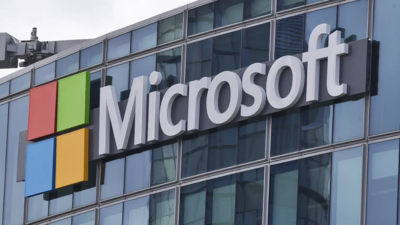Microsoft is renowned for its competitive salaries and diverse career opportunities. From software engineers and data scientists to leadership roles, the company offers a wide range of positions across various departments. But getting a job at a tech giant is not an easy task as it requires more than just the engineering skills.
What is required to get a job at Microsoft
Landing a job at Microsoft is highly competitive as applicants can expect to face stiff competition from a pool of exceptionally qualified candidates.
According to a report by Business Inside, The hiring process typically involves multiple rounds of interviews, sometimes as many as five, depending on the role. Technical roles often include coding challenges and assessments of problem-solving skills.
Educational requirements vary by position. A college degree is typically required, often in a relevant field like data science or mathematics. Some roles may necessitate several years of relevant experience or advanced degrees, the report said.
Since Microsoft owns a number of companies like GitHub, Skype, or LinkedIn, you can also land a job at these tech giants.
Salary at Microsoft
Compensation at Microsoft is highly competitive. While the CEO’s salary reaches into the tens of millions, high-paying roles extend beyond the executive suite, said the report, adding that corporate vice presidents earn around $650,000 annually.
Principal software engineers and senior data scientists can expect six-figure salaries – around $215,000 plus stocks and $200,000 annually.
Citing federal data from 2020, Business Insider showed some of Microsoft’s highest-paying jobs, including up to $240,000 for a research role, $220,000 for a program manager, and $204,000 for a hardware engineering role.
Why you should always have a ‘plan B’
The tech industry is experiencing a period of uncertainty, and just like other companies, Microsoft also reorganises its goals. Recent years have witnessed multiple rounds of layoffs at Microsoft, impacting various departments, including Azure, Xbox, and Activision Blizzard.
This highlights the importance of maintaining a “Plan B” for employees, even within a successful company like Microsoft.





